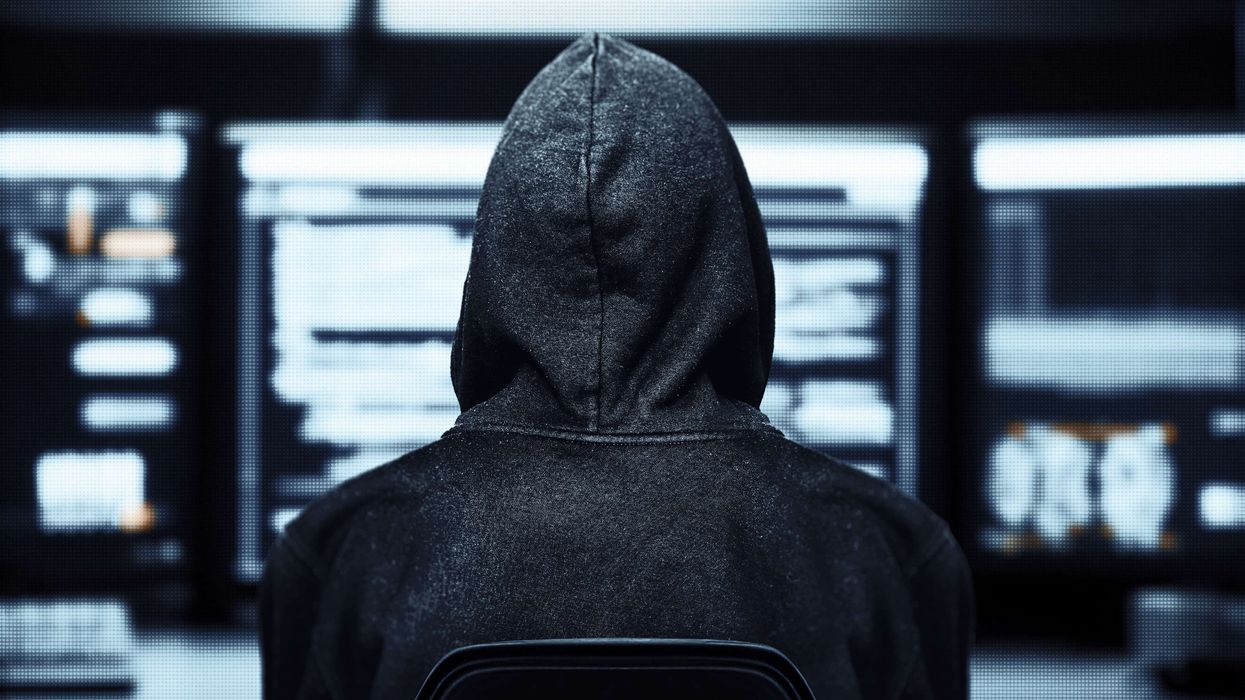INDIA has asked the UN's human rights body to develop a “better understanding and appreciation” of ground realities in the “vibrant democracy” before concluding on issues such as its amended citizenship law and administration of Kashmir.
India's strong statement came after UN High Commissioner for Human Rights Michelle Bachelet on Thursday (27) voiced “great concern” over India's amended citizenship law and reports of “police inaction” in the wake of communal riots in Delhi.
Updating the ongoing 43rd Session of the Human Rights Council in Geneva on human rights developments around the world, Bachelet also spoke about the situation in Jammu and Kashmir.
An Indian representative, who read out India's National Statement, said the country's engagement with the global discourse on human rights has always favoured an inclusive and constructive approach based on dialogue, consultation and cooperation.
“We encourage the OHCHR to develop a better understanding and appreciation of the freedoms and rights that are guaranteed and protected daily in a vibrant democracy like India before coming to any conclusions.
“We would continue to engage constructively with the Council and the Office of the United Nations High Commissioner for Human Rights (OHCHR) for the promotion and protection of human rights across the world,” the statement said.
Referring to Bachelet’s statement on the violence in Delhi, the statement noted that peaceful protests and demonstrations are part of India's democratic traditions.
“However, at the same time, violence has no place in the democratic ethos of India. We have taken all measures and restored peace and normalcy in the affected areas in Delhi,” the statement said.
It also noted that India is committed to reduce statelessness and has recently enacted legislative measures to address historical grievances of a group of persecuted persons to ensure that they enjoy full rights as citizens of India and are not pushed into statelessness.
Earlier, Bachelet said the Citizenship Amendment Act (CAA) adopted last year by India's Parliament was of “great concern”.
“Indians in huge numbers, and from all communities, have expressed—in a mostly peaceful manner—their opposition to the Act, and support for the country's long tradition of secularism,” she said.
“I am concerned by reports of police inaction in the face of attacks against Muslims by other groups, as well as previous reports of excessive use of force by police against peaceful protesters.
“This has now widened into broader inter-communal attacks.... I appeal to all political leaders to prevent violence,” said the former Chilean president.
The communal violence over the amended citizenship law in northeast Delhi has claimed 38 lives and left over 200 people injured. Frenzied mobs have torched houses, shops, vehicles, a petrol pump and pelted stones at police personnel.
On the issue of Kashmir, the statement informed the council that the situation in Jammu and Kashmir was fast returning to normalcy despite serious provocations and attempts made by one country to derail this process through its active support to terrorist groups and related entities.
“Security forces have exercised maximum restraint and not a single live bullet has been fired and no civilian life has been lost in police action.
“India's democratic institutions are robust enough to respond to these external challenges while protecting and respecting the human rights of all,” the statement said.
Hitting out at Pakistan, the statement said, “Our advice to our neighbour would be to desist from such actions and devote more attention to the well-being of its own citizens in particular persecuted religious minorities, which are suffering due to rampant mis-governance in this failed state.”
The statement also pointed out that India recently celebrated 70 years of the adoption of its Constitution, one of the longest such written documents, which has stood the test of time.
“It provides for extensive collective and individual fundamental rights and freedoms to the people of India. This human rights-based approach which has been enshrined in India's Constitution has been the moral guide of the government,” it added.












